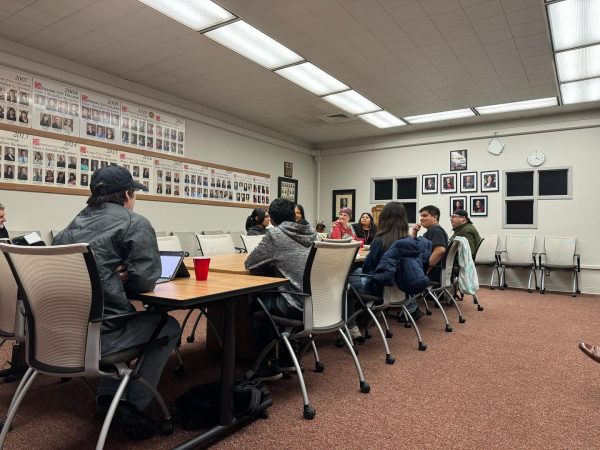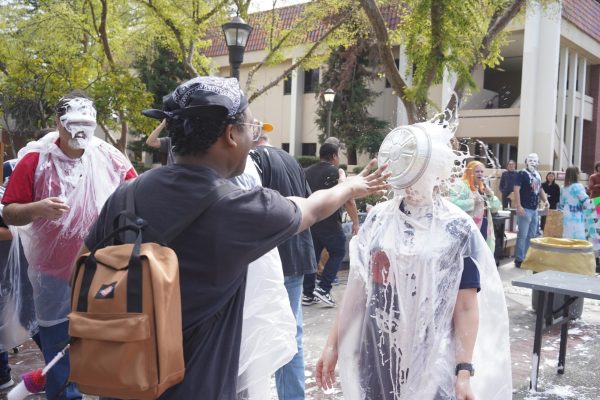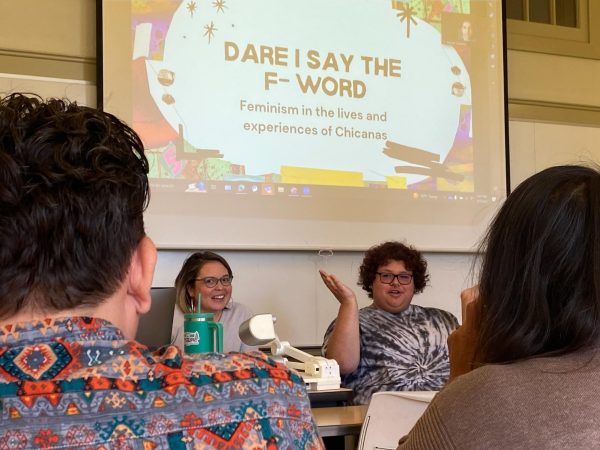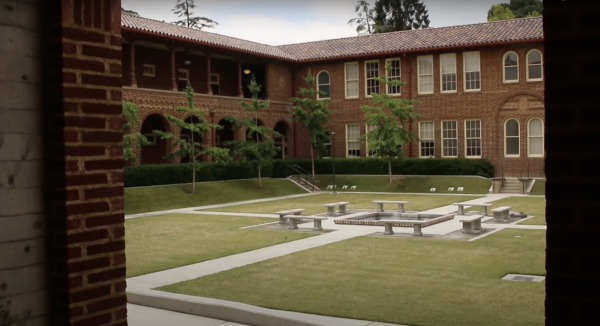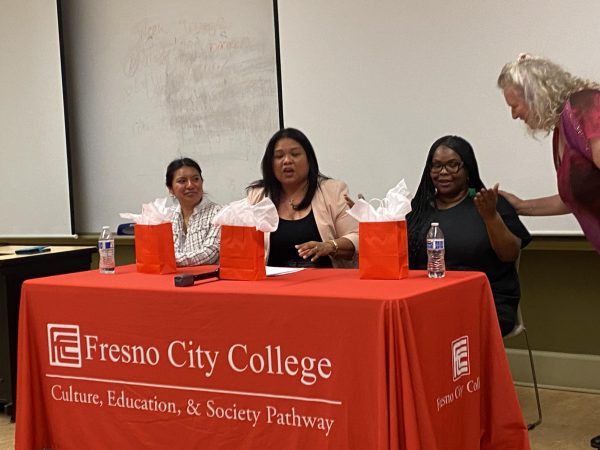The AAFSA and The Importance of Black History Month
As Black History Month comes to an end, we must recognize why this annual month is important.
“We should take every opportunity to learn about our past and more about experiences of people in the past that have been different from our own,” said history professor Kathleen Crawford.
“Unless you reach out beyond your own experiences, your knowledge of life will be narrower and more truncated and not as full, as rich as it can be and your understanding of life will be narrower,” Crawford said.
Author and English professor Lee Herrick founded a working group comprised of faculty working together to establish a social justice and cultural center on campus.
“I think it’s important to know history, to know this history so we can more fully understand our present in all its positive aspects and its challenges we still face,” said Herrick.
Herrick would encourage people to learn, celebrate, research and discover year-round beyond the icons that are understandably taught in schools.
This could be music, education, medicine, technology, politics or any areas where Black culture and Black history is important.
“There is not a large representation of African American faculty and staff on this campus. Sometimes there is just one person in the whole division,” said Karla Kirk, secretary of the African American Faculty and Staff.
The African American Faculty and Staff is an organization that strives to support students, looking out for their needs and interests.
The AAFSA also provides scholarships, mentors students through the IDLE program and put on the end of semester African American graduation, a celebration for African American graduates.
Their motto is “If you want to go fast, go alone. If you want to go far, go together.”
Although the AAFSA are a small group of a dozen active members, they are a united group that strives to go far.
“As a group, we have tried to stay connected to each other to make sure that we have that sense of family and that sense of not feeling alone here,” Kirk said.
According to Kirk, it’s important that African American students see African American educators and leadership so they feel as though they have a place and voice on the FCC campus.
“Students of color were not always accepted on this campus. Our courses, were not always accepted as part of higher education,” Kirk said
This organization started back in the 80’s when students of color had to do a lot of fighting and insisting to have a place on the FCC campus.
“Those fights were done for us and it’s important that we maintain that space we occupy, because the minute we stop fighting for it, they’ll take it away,” Kirk said.
The AAFSA have received support from retired members who make monthly contributions, so the organization can offer scholarships and book vouchers.
Kirk also added that the reason Black History Month is important for our nation and our country to recognize is because this information is not really taught as a part of shared American History or American identity.
“This is something that for students in kindergarten through twelvth grade, when you’re in primary school, what they get about African American history is slavery and then they get Martin Luther King and Rosa Parks, and then they get Barack Obama,” Kirk said.
“And so, that minimizes the impact that people of African descent have had in building the nation that we live in today,”
Kirk explained that much like the other months that we’ve had as to classify, there are other stories to tell other than the European version of how America got started, like Mexican American heritage month, Asian American heritage month and Native American history month.
“All of these months are to remind our country, that more than Europeans built this country, more than Europeans are a part of this country and more than Europeans make up the history of who we are as American people,” Kirk said.
As cultural heritage months continue throughout the year, it’s important to recognize these specific months more than just once a year.
“What concerns me is that we define ‘month’ and we forget about the rest of the year,” said Ronda Kelley, Art instructor and African American studies professor.
“Just like people of African descent are black year-round, the history is all year round,” Kelley said.





